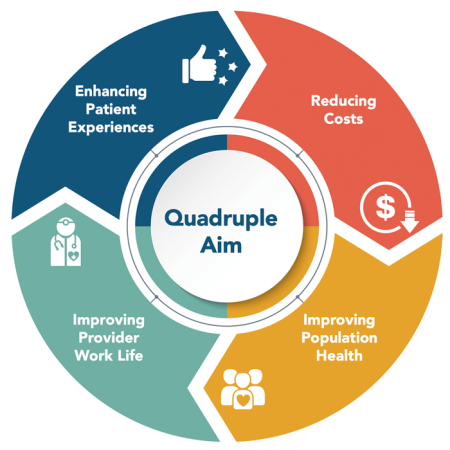Integration of a web-camera into the NICU environment provides benefits to health care providers and rural patients alike. Web-camera technology allows infants and their families a unique opportunity to connect with their hospitalized infants through interactive, real-time technologies. Thus, a cost-efficient NICU webcam program has the potential to improve quality of life for participating families by relieving anxiety and cultivating a distant bonding experience. The web-camera technology can aid in the mother’s reassurance and shared interaction between family members, but on the contrast, it can also increase the mother’s worry. Worry increases if the mother and other family members are not educated regarding the technology and policies prior to use.18 To decrease the worry related to the web-camera system, a systematic enrollment, education, and technical support system should be in place upon implementation of the program. Read the article.

